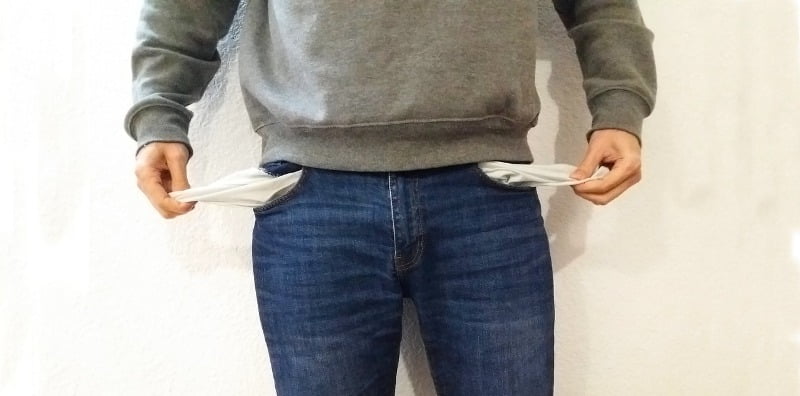Reinier advises national and international companies
reinier.russell@russell.nl +31 20 301 55 55In the Netherlands it is mandatory to first try to persuade the debtor to make his payments, without the intervention of a judge. If the debtor still does not pay, you can attach the assets or goods of the debtor, start civil proceedings or file a request for bankruptcy of the debtor.

It is mandatory to first try to persuade the debtor to make his payments, without the intervention of a judge. This can be done, for example, by means of written reminders. See our blog Contracts: What to do when your client doesn’t pay? for a step-by-step plan.
If the extrajudicial collection procedure does not result in payment by the debtor, you can proceed to the judicial phase. Which court is competent to judge the dispute will depend on what has been agreed on in the contract. If the contract does not stipulate any provisions regarding the competent court, usually the court of the place of delivery is competent. In this case, that would be the Dutch court.
If the Dutch court is competent, there are various possibilities to collect your debts:
With a court judgment you can proceed to collect your debts.
If the court from another EU member state is competent, a judgment can be enforced in the Netherlands without a declaration of enforceability (exequatur) having to be issued by a Dutch court. It is sufficient to ask the foreign court for a copy of the judgment or ruling, accompanied by a certificate showing that the judgment is immediately enforceable: the European Enforcement Order. This allows the judgment to be enforced immediately; usually by a bailiff.
If the court from a non-EU member state is competent, it depends on treaties whether a judgment can be recognised in the Netherlands. If the judgment can be recognised on the basis of a treaty, you only have to ask the Dutch court for permission to enforce the judgment (exequatur). If the judgment cannot be recognised because there is no treaty, you will have to start proceedings again in the Netherlands in order to obtain a judgment from the Dutch court. With this judgment, you can proceed to collect the debts.
An alternative to the ‘ordinary’ civil proceedings in the Netherlands is the European order for payment procedure. This procedure makes it possible to quickly collect an undisputed pecuniary claim by means of standard forms in EU member states with the exception of Denmark. The court establishes the claim in the form of a European order for payment (EOP). The claim is directly enforceable against the debtor. If your debtor is a Dutch consumer or a company with its registered office in the Netherlands, the Dutch court (i.e. the District Court of The Hague) has jurisdiction to hear the dispute.
Another alternative is the European attachment procedure. By means of this procedure, you can request a European Account Preservation Order for bank accounts in another EU member state (EAPO) in your own country by means of standard forms (if EU member with exception of Denmark). The funds in a debtor’s bank account in another EU member state can thus be frozen. An EAPO is executed in the Netherlands in accordance with the procedures applicable in the Netherlands.
Looking for a lawyer who can help you collect your debts in the Netherlands? Russell Advocaten will be happy to help you assess how you can effectively approach your debtor in order to incite payment. We can then set the debt collection process in motion and ensure that it runs smoothly.
The shareholders’ agreement is the most important agreement entered into between shareholders and the company. What matters should you cover in this agreement?
The use of general terms and conditions is something companies can no longer do without. Contracting parties refer to their own general terms and conditions in small print, often containing favorable clauses for their own benefit. But what is the power of general terms and conditions? And what should be considered when using them?
Expedited liquidation is a quick way to terminate a legal entity. However, the scheme was also abused, disadvantaging creditors. A new law should prevent this. What requirements does an expedited liquidation have to meet from now on? And what options do creditors have to collect their claims?
Entrepreneurs may have various reasons for ending their businesses. Expected profits may be disappointing, retirement may be approaching or a partnership (joint venture) may be ending. What should entrepreneurs bear in mind when terminating a business?
In principle, the enforcement of foreign judgments is a national matter. But what if a dispute has already been dealt with by a foreign court? Can such a foreign judgment be enforced in the Netherlands or not?
An African mask that was sold for 150 euros fetched 4.2 million euros at an auction. Were the French sellers able to undo the sale? How would this case have ended in the Netherlands?